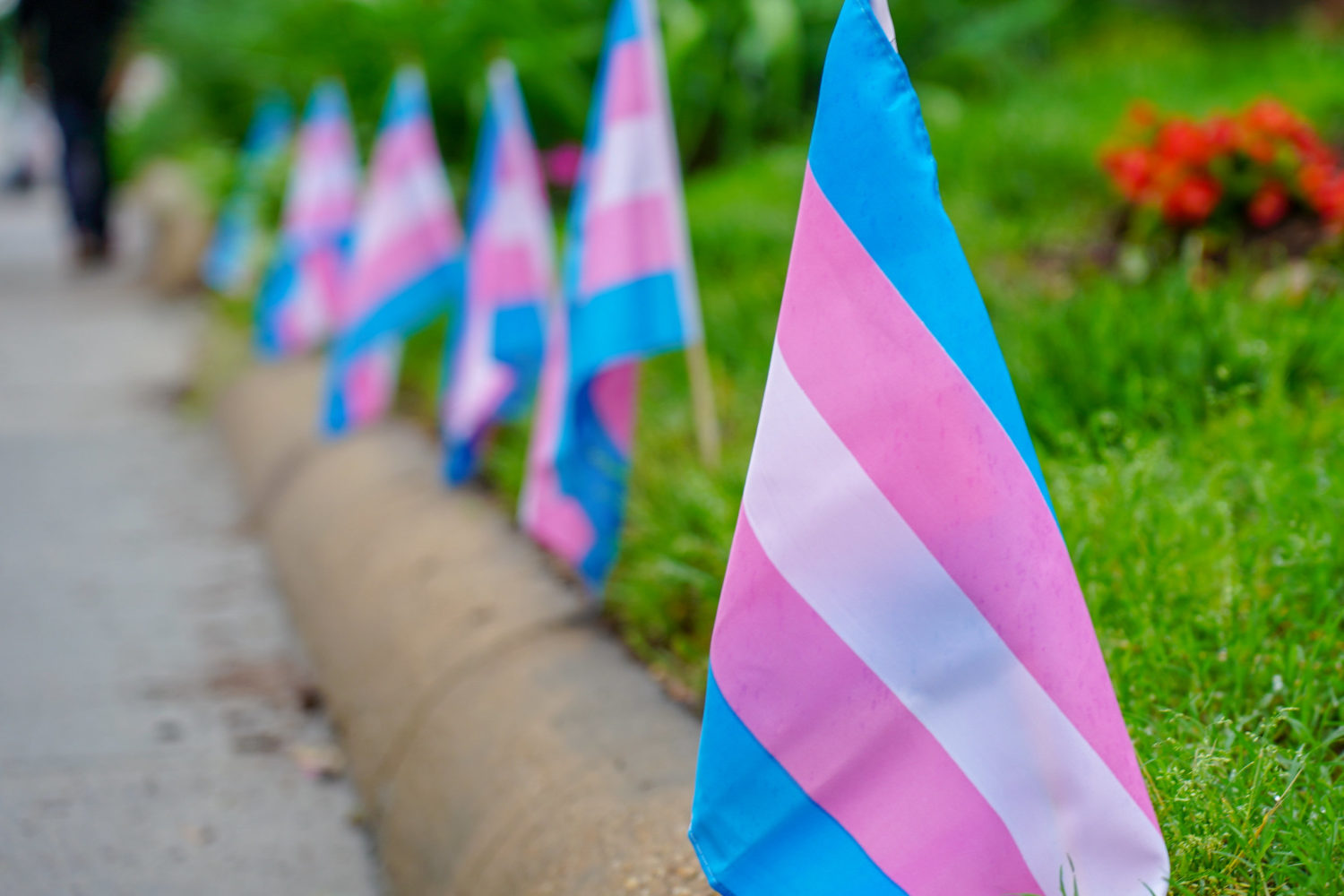Snuggled in bed at the end of a long day, I was glued to my phone, undoubtedly on Facebook, when a news alert came through. I expected “Dow Hits Record Low,” or “Angelina Jolie’s Leg’s Twitter Account Reaches One-Million Followers.” What I saw shocked me. “Mississippi Baby Cured of HIV.”
My first reaction was disbelief—it couldn’t be true, someone must have made a mistake, the reporting must be wrong. I mean, we’re working toward a cure for AIDS, but that’s still years away, right?
After reading many stories from credible sources online, I realized: “Yes! This is really happening!” I’ve been waiting thirty years to see these headlines. I leaned over to my husband, who was also on his phone, “Have you seen this?”
“Yeah,” he replied.
“Holy cow, this is huge,” was all I could get out.
Those were our only words. Shocked and excited, we went back to furiously searching the internet for more info.
Why? Because I have been living with HIV for 30 years.
I was born with a heart defect called Tetralogy of Fallot. I had open-heart surgery at age three, and I recovered well and got back to the business of being a kid quickly. But five years later, my parents got the most shocking phone call of their lives: I had received a blood transfusion during surgery that was possibly infected with HIV. The doctor told them that I might have been infected and that I should get tested just to be safe. Their worst fears came true when they found out my test was positive. The doctors said that I had two years to live.
When my parents told me that I was HIV-positive, I was devastated and terrified. I asked my mom if I was going to die, and she said, “I don’t know, Sweetie, but we’re going to do everything we can to keep you healthy.”
I began a new life—a life dominated by frequent medical appointments, around-the-clock medication, and a great big secret. This was life-changing news for my family, but we couldn’t tell anyone for fear of being ostracized from the community. I quickly learned how to skirt questions about why I missed so much school, and I kept that part of my life safely tucked away. I saw friends from the clinic lose their battles against AIDS, and I grieved in private. My family started taking wonderful vacations, as a way to cherish every moment we had together.
This life presented its fair share of challenges, but I never lost hope. I came to terms with the idea that I might not live to graduate from high school, but my parents somehow created a pervasive feeling of hopefulness within our household. I dealt with what I had to deal with, and we all hoped for the best.
Now, at age 33, I’m healthy, married, and successful in my career. I know that things are only going to get better. I have been lucky to witness huge progress in the fight against HIV and AIDS over the last three decades. The development of HIV medications and proven methods of preventing mother-to-child transmission are exhilarating milestones that it thrills me to see. News of patients being functionally cured is cause for even more excitement. We don’t know what it means quite yet, but we know that it’s a monumental step in the right direction.
Along with that excitement comes the realization that we have so much work still to do. In the United States and around the world, too many mothers are unable to reach the services that they need to prevent transmission, and too many children are still infected with HIV. This is 100-percent preventable—the dream of eliminating pediatric HIV can and should be a reality.
As a child, I knew that I had no promise of a full life. I knew that I might not live long enough to go to the prom or go to college or fall in love. I relied on new medications to keep me healthy, and I took everything one day at a time. With each day came a little more hope. I clung to the dream that some day, I would read a headline saying that we had found a cure for HIV and eliminated the disease worldwide.
This month’s news makes me even more hopeful. I think about what headlines we could be reading ten, five, even two years from now: What will we have accomplished as a result of our continued advocacy, research, and education? What will we be celebrating? I can’t wait to find out.
Jamie Gentille is a hospital administrator and foundation ambassador for the Elizabeth Glaser Pediatric AIDS Foundation. Her full story can be found in a memoir out this year, titled Surviving HIV: Growing Up a Secret and Being Positive. She and her husband live in Northern Virginia.









